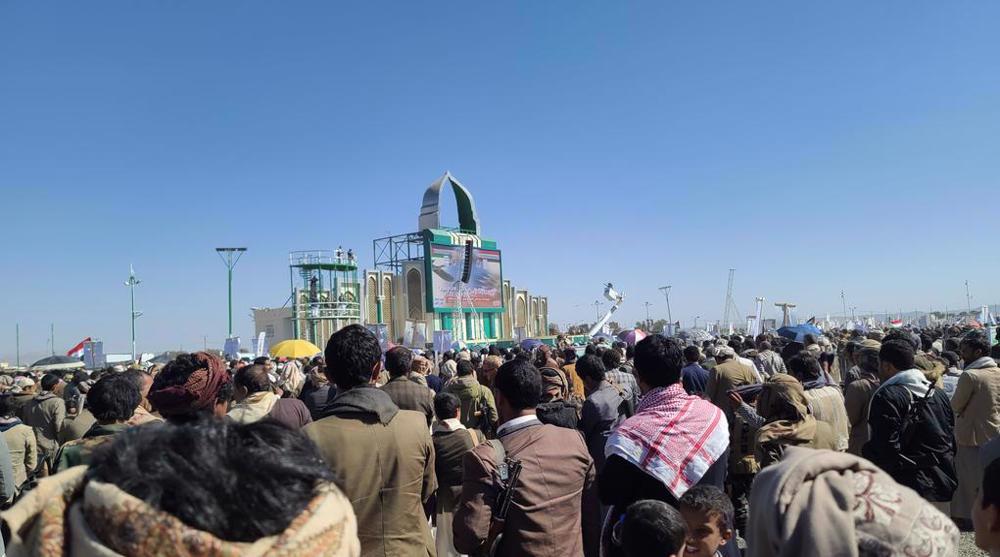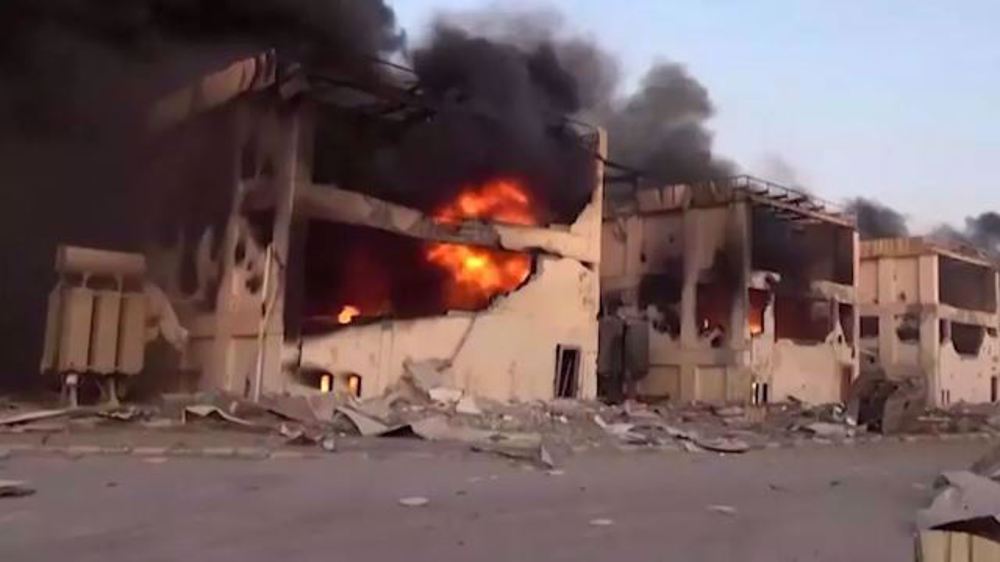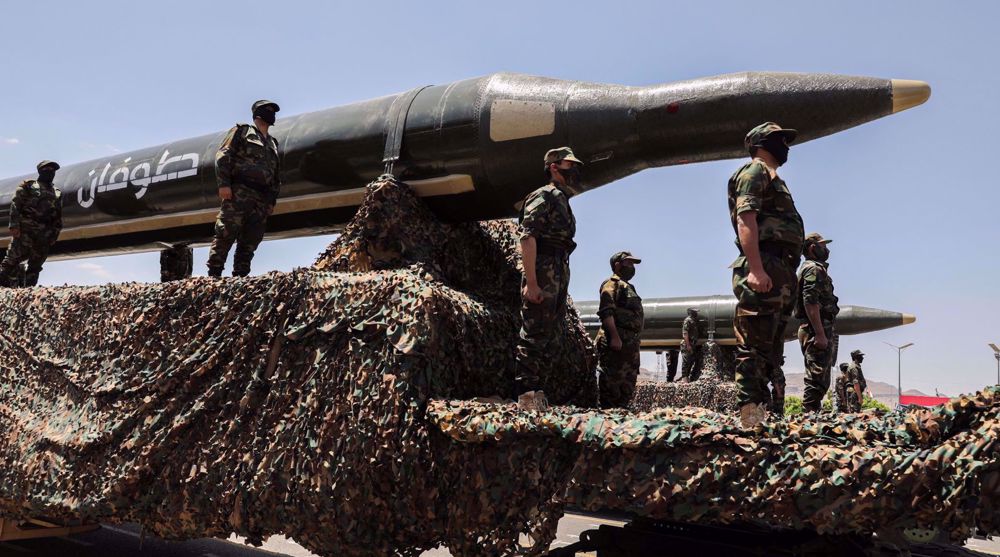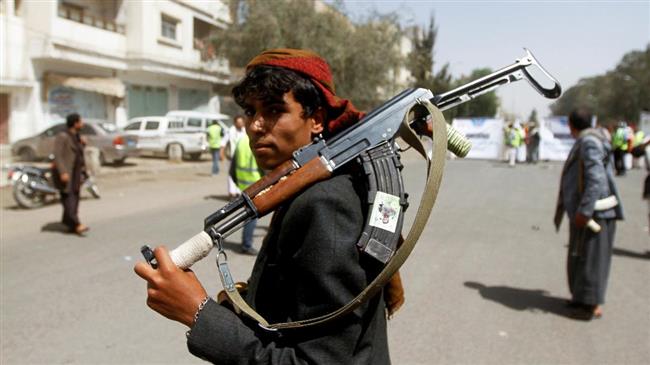Saudi-led coalition calls on UAE-backed separatists to return to Riyadh deal
A Saudi Arabia coalition that has been attacking Yemen since 2015 has called on Emirati-backed separatists that used to ally themselves with the invading force to return to a so-called de-confliction deal after they declared “self-rule” in the impoverished country’s south.
The coalition made the demand of the so-called Southern Transitional Council (STC) on Monday, the Saudi Press Agency reported.
The agreement that was signed in the Saudi capital in November last year ended heavy fighting between the STC and Saudi-backed militants that had erupted after the former took the southern Yemeni city of Aden.
On Sunday, the council broke ranks with the Saudi-led coalition again by announcing “self-administration” in southern Yemen.
It also accused the Riyadh-backed government of former Yemeni president Abd Rabbuh Mansur Hadi of corruption and mismanagement.
The Saudi-led coalition invaded Yemen in March 2015 to restore power to Hadi’s government. The regime had fled Yemen earlier amid a power crisis, refusing to stay behind and join negotiations with Yemen’s popular Houthi Ansarullah movement.
The invasion has killed tens of thousands of Yemenis and pushed the entire country close to the brink of an all-out famine.
The coalition, meanwhile, threatened the UAE-backed forces by saying that any steps that contradicted the Riyadh agreement had to be cancelled, and demanded an end to any escalation.
Reacting to the development on Monday, the Emirati foreign minister said Abu Dhabi was opposed to the separatists’ decision, Reuters reported.
Anwar Gargash said the the announcement had been a unilateral move and called for the enforcement of the agreement signed with the Saudi-backed militants.
A day earlier, Mohammed al-Hadhrami, the foreign minister of the self-proclaimed Hadi regime, had also said the STC “will bear alone the dangerous and catastrophic consequences for such an announcement.”
Observers say both the clashes that preceded the Riyadh deal and the Emirati-backed forces’ recent declaration serve to lay bare existing differences between the kingdom and Abu Dhabi concerning the direction of the war that has fallen short of all of its objectives.
South Korea’s parliament impeaches acting President Han Duck-soo
Iran FM in China for 'more consultations' amid 'sensitive' circumstances
VIDEO | Israel, worried about ...
VIDEO | Press TV's news headlines
Settler fatally stabbed; five Israeli soldiers killed, injured in Jabalia
Rampant poverty in Israel and implications
UN chief: Israel strikes on Sana'a airport, power plants 'alarming'
Yemenis rally in massive numbers for Gazans after Israeli strikes














 This makes it easy to access the Press TV website
This makes it easy to access the Press TV website